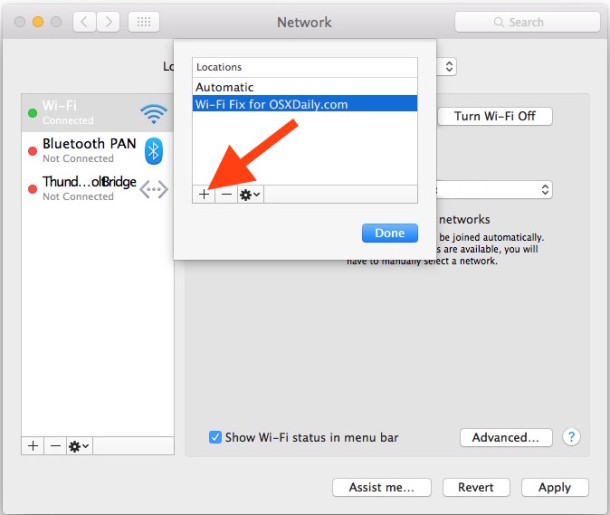
Many Mac users were baffled over the weekend when their Mac‘s Ethernet ports stopped working. Thankfully, Apple swiftly published a support article about how to fix the problem. The culprit appears to be an update to OS X 10.11 El Capitan’s System Integrity Protection security feature, which accidentally disabled the kernel extension that manages the Ethernet port.
AppleBCM5701Ethernet driver! This breaks ethernet and you have to use WiFi to get online. I rolled the exclusion list back to the last version in my Time Machine backup to fix it, but this required booting from a recovery partition and was a huge pain in the butt, not to mention the time wasted finding the problem. Jun 11, 2021 Open the disk image, then open the.pkg installer inside the disk image. It installs an app named Install Version Name. Open that app from your Applications folder to begin installing the operating system. MacOS Sierra 10.12 can upgrade El Capitan, Yosemite, Mavericks, Mountain Lion, or Lion.
Apple pushed out a second update to the Incompatible Kernel Extension Configuration Data that should automatically fix the problem. But if the first update disabled your Ethernet port and prevented the second update from installing, follow these steps to determine your situation and fix it:
- Hold down the Option key and choose System Information from the Apple menu.
- In System Information’s sidebar, under Software, select Installations.
If the listings aren’t arranged in alphabetical order, click Software Name to sort them.
Look for Incompatible Kernel Extension Configuration Data. If the most recent version installed is 3.28.1, you have the troublesome version, and will need to force an update to 3.28.2. If you already have 3.28.2, as in the screenshot below, the kernel extension isn’t the culprit and you’ll have to try another troubleshooting method.
If you need to force an update to 3.28.2 and have a Wi-Fi connection, the fix is easy: Open Terminal in /Applications/Utilities, type the following command, and press Return:
sudo softwareupdate --background



You may be prompted to enter your administrator password. After that, quit Terminal and restart your Mac to finish applying the fix.
El Capitan Theatre Hollywood Ca

If you can’t connect to Wi-Fi or don’t have a Wi-Fi network, then you unfortunately have a more involved process ahead of you, detailed in the aforementioned Apple support article.
We’re happy that Apple addressed this issue quickly, but we can’t say that the broken 3.28.1 update gives us warm and fuzzy feelings for the state of Apple’s software quality assurance.
If you're having problems with your Mac's Ethernet port this morning, the culprit may be an errant automatic update that Apple published over the weekend. Luckily, the damage isn't permanent: an Apple support article posted yesterday will walk you through diagnosing and fixing the problem, which involves connecting to your network via Wi-Fi and running a software update command in the Terminal. If you're reading this and your Ethernet port is working fine, odds are good that you've already installed the follow-up update released to fix the problem.
The culprit is an update for System Integrity Protection, the El Capitan feature that protects some system folders and keeps unsigned or incorrectly signed kernel extensions (or 'kexts,' roughly analogous to drivers in a Windows or Linux machine) from loading. In this case, the kext used to enable the Ethernet port on Macs was blacklisted—if you restarted your Mac after applying this update but before your computer had a chance to download the quickly issued fix, you'll find yourself without an Ethernet connection.
Ethernet Driver El Capitan Free
This blacklist isn't updated through the Mac App Store like purchased apps or OS X itself. Rather, it uses a silent auto-update mechanism that executes in the background even if you haven't enabled normal automatic updates. Apple uses a similar mechanism to update OS X's anti-malware blacklist, a rudimentary security feature introduced in 2011 following the high-profile Mac Defender malware infection and occasionally used to push other critical software updates.
Ethernet Driver El Capitan
Why Apple blacklisted its own Ethernet kernel extension is anyone's guess; one theory suggests that the update may have been intended to go live after the release of OS X 10.11.4, which could include a newer patched kext. Whether it was an outright mistake or a well-intentioned update that was released too early, the end result is inconvenience for users.